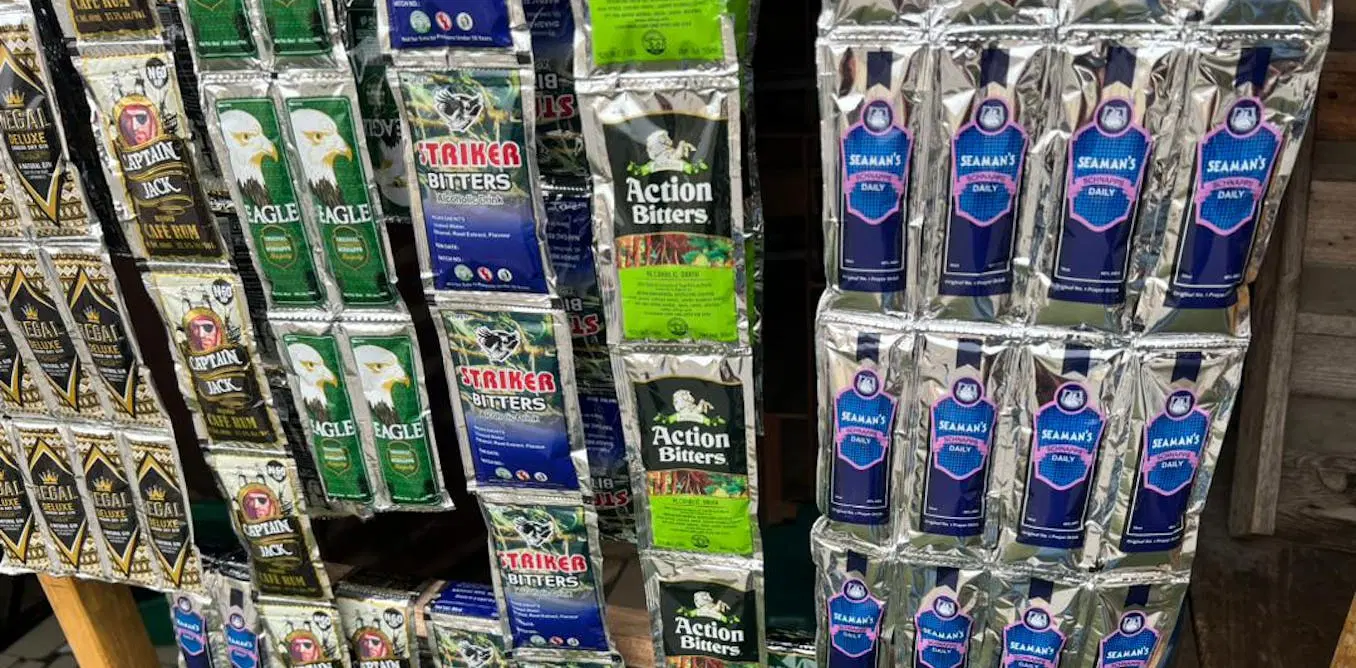The Nigeria Governors’ Forum stated that the country’s farmers experienced a major meltdown during the 2022 farming season as a result of the difficulties in the agriculture industry.
It continued by saying that this year’s difficulties for farmers were made worse by the Central Bank of Nigeria’s policy to redesign the naira, excess of rain, and flooding.
The governor said in a statement released by the NGF on Tuesday that despite the funding granted to agriculture, which gave farmers and other stakeholders in the industry high hopes, difficulties still existed.
The NGF also bemoaned the fact that many families found it challenging to eat three times a day as a result of the difficulties, adding that foods that some families barely ate had started to become commonplace in homes.
The NGF’s Senior Agricultural Advisor, Prof. Abba Gambo, signed the statement, which was headlined “Nigerian Agriculture In 2022: The Ups And Downs.”
The forum also brought up the losses incurred by farmers owing to flooding brought on by the severe rainfall.
“The rains came much more than NiMET’s forecasts, leading to serious flooding across the country, affecting 34 out of the 36 states, with the FCT least affected. The floods led to massive loss of lives, livestock, properties and farmlands. The much-expected harvest in most states became a mirage. Jigawa State, being the most affected,” it added.
The Central Bank of Nigeria announced a redesign of the naira note, specifically saying that by January 31, 2023, the current naira in circulation would cease to be a legal tender. This was released when expecting farmers were waiting for palliatives following the flooding, according to the NGF.
The statement continued, “Almost immediately, huge sums of money entered all the major markets of the country. Grains, most especially, were mopped up to the last grain in the markets.
“A bag of millet selling for N8,000 rose to N35,000, sorghum from N12,000.00 to N40,000, rice rose to N45,000.00 per 50kg, even for the locally-produced and milled.
It concluded, “The year 2022 was a great nightmare for most farmers in Nigeria. To feed three times a day became a huge challenge to most families and new cuisines entered Nigerian homes. Indeed, 2022 was a tough year for the agricultural sector, but yet the sector contributed 23 per cent to the national GDP in the Q3 of the year, surpassing oil and gas, manufacturing and telecommunications. We pray for a most benign and pleasant raining season in 2023 and an increment in the agricultural budget of all the three tiers of government.”










